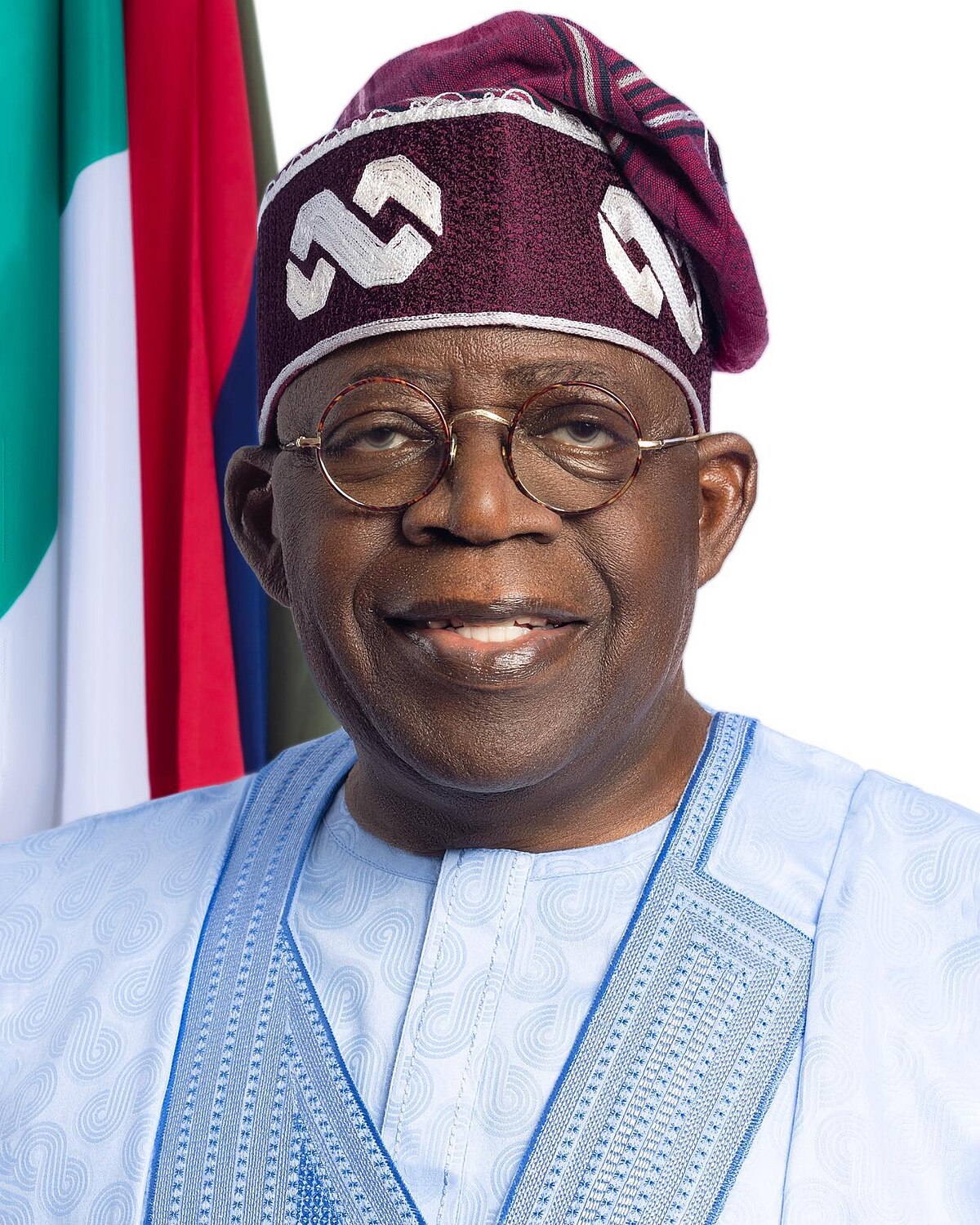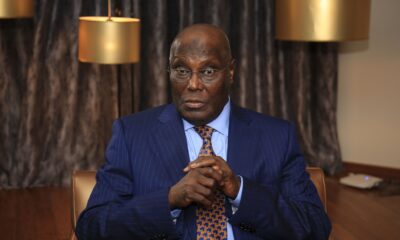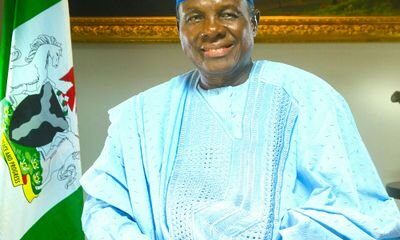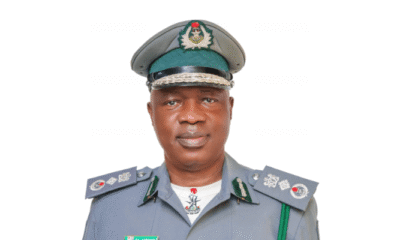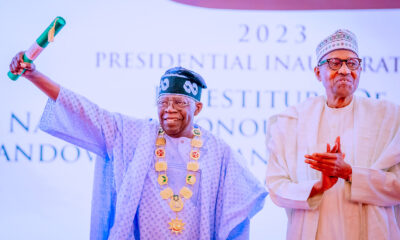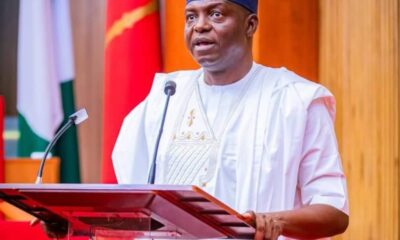President Bola Tinubu on Friday asked electricity generation companies to grant the Federal Government more time to “do verification and validation of the numbers” on longstanding liabilities the power market says it is owed.
He also gave anticipatory approval for a N4tn bond programme to plug the sector’s liquidity hole.
This followed the President’s meeting with the Association of Power Generation Companies, led by Col. Sani Bello (retd.), at the Aso Rock Presidential Villa, Abuja.
The Special Adviser to the President on Information and Strategy, Bayo Onanuga, revealed details of Friday’s talks in a statement titled, ‘President Tinubu meets Chairmen of GENCOs, pledges to resolve longstanding debt claims.’
Nigeria privatised its generation and distribution assets in 2013, but chronic under-recovery of tariffs, unpaid subsidies, gas supply constraints, weak transmission capacity and pervasive energy theft have kept the market cash-strapped.
The Nigerian Bulk Electricity Trading Company routinely pays GENCOs a fraction of their monthly invoices, creating an ever widening arrears book that is then financed with short-term bank debt at double digit interest rates.
The signing of the Electricity Act 2023 by President Tinubu pushed for cost reflective tariffs, metering programmes and transmission upgrades and lifted collections.
However, legacy debts and gas under-supply still threaten generation capacity and fresh investment.
With banks tightening exposure limits, GENCOs warned that foreclosures could cascade through the value chain without an immediate government backed settlement plan.
At Friday’s meeting, President Tinubu acknowledged the historic arrears but insisted payments would be anchored on a transparent audit.
“I accept the assets and liabilities of my predecessors, and there is no question about that. But that acceptance must be on credible grounds.
“I need to wear the audit cap of verifiability, authenticity, and the fact that this inheritance is not a mere deodorant but a support structure for critical economic and industrial promotion,” he stated.
The President appealed for patience from GENCOs and lenders while government firms engage auditors and lawyers to scrub the claims.
“We are here. So, market it to your other colleagues. Give us time to do verification and validation of the numbers,” he said.
Reiterating his preference for a market-driven power industry, Tinubu said the sector’s “long neglected legacy issues” are finally being addressed.
The President also cautioned banks against pulling the plug on indebted GENCOS.
“This is a longstanding issue that is now being dealt with. I know how much we have been able to save on fuel subsidies. We introduced the alternative, CNG, to bring relief back to the people.
“To our friends in the banking sector, I ask that we avoid foreclosures. Sharpen your pencils, but keep an eraser handy. Let’s persevere together,” he stated.
Describing electricity as “the most important discovery of humanity in the last 1,000 years,” Tinubu reaffirmed that access to power was fundamental to growth and human dignity.
The Special Adviser to the President on Energy, Olu Verheijen, said the administration was confronting a decade long cash crunch rooted in tariff and market shortfalls.
Verheijen disclosed that, “As of April 2025, the Federal Government is carrying a verified exposure of N4tn in debts to GENCOs, an accumulation dating back to 2015.
“We have since sat with 27 GENCOs—not all of them are here today—and reviewed their PPAs and gas sales agreements to understand the legitimacy of their claims. The GENCOs claimed about N4tn from 2015 to the end of 2023.”
According to her, the Nigerian Bulk Electricity Trading Company has validated N1.8tn of these claims so far.
“Since that period, we have had N200bn in unfunded subsidies that have accumulated the Federal Government’s liability. So, as of April 2025, the total exposure that we are carrying at the moment is N4tn,” she added.
However, she warned that the figure remained subject to downward revision, pending final validation.
“While there is an anticipatory approval of this N4tn bond programme, it is subject to negotiations and final settlement of agreements. Only the amounts that the Federal Government validly owes are the things that will make it into the issuance by DMO,” Verheijen noted.
The Minister of Power, Adebayo Adelabu, commended President Tinubu for the attention given to the power sector, stating that the administration’s reforms had restored investors’ confidence and improved performance across the electricity value chain.
“Your Excellency, your presence at this meeting is a clear testament to your unwavering commitment to the sustainability, stability, and long-term development of Nigeria’s power sector. Under your leadership, we have recorded critical milestones in less than two years,” the minister said.
Adelabu said the Tinubu administration signed into law the Electricity Act, 2023, decentralising and liberalising the electricity market.
He noted that the administration had launched Nigeria’s first Integrated National Electricity Policy in 24 years, attracted over $2bn in new private capital, and grown sector annual revenue by 70 per cent—from N1tn in 2023 to N1.7tn in 2024—reducing government subsidy obligations by over N700bn.
Adelabu added that installed generation capacity had grown from 13,000 MW to 14,000 MW, with an all-time peak generation of 5,801 MW and a record maximum daily energy delivery of 120,370 MWh, achieved on March 4, 2025.
According to him, there has been no national grid collapse in 2025, a direct result of interventions under the Presidential Power Initiative, which has added over 700 MW of transmission capacity.
He reported progress in narrowing Nigeria’s metering gap through the N700bn Presidential Metering Initiative (via FAAC) and the World Bank supported DISREP, which has already delivered 300,000 smart meters out of 3.45 million procured.
While acknowledging these strides, Adelabu cautioned that the sector is grappling with an urgent liquidity crisis that could undermine ongoing reforms.
“Mr. President, given the grave implications of this debt overhang, including the risk of a nationwide shutdown of generation assets, I humbly seek your immediate support for defraying these obligations, even if partially, over a defined period,” he stated.

